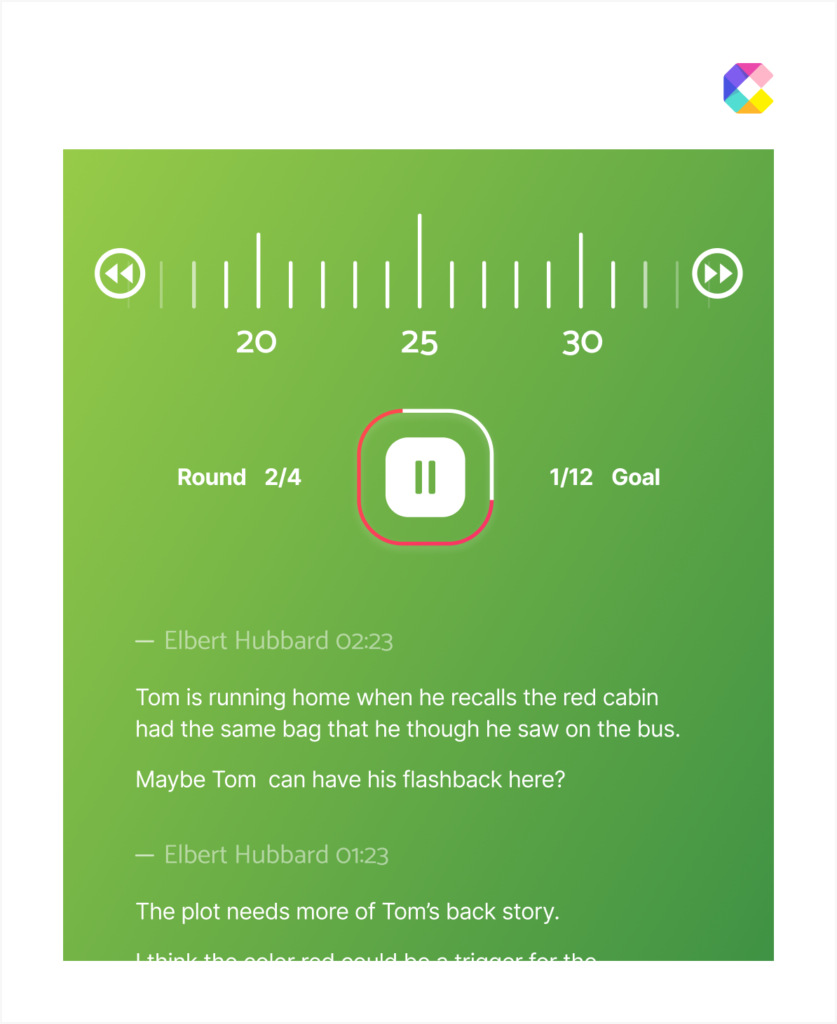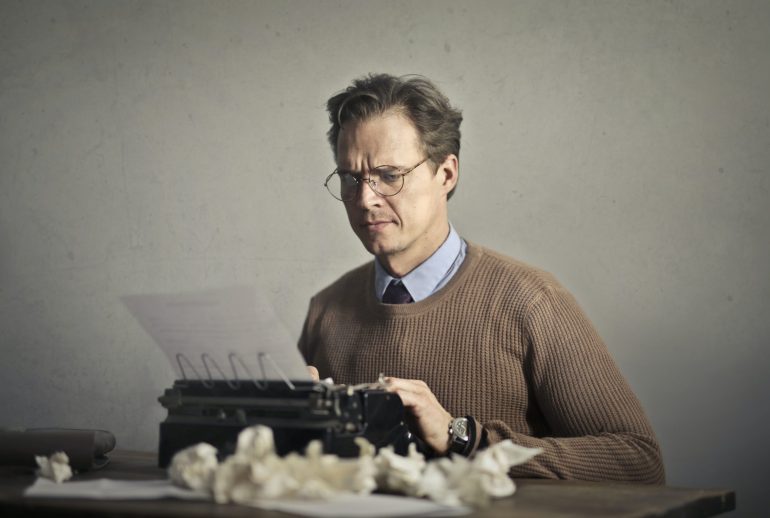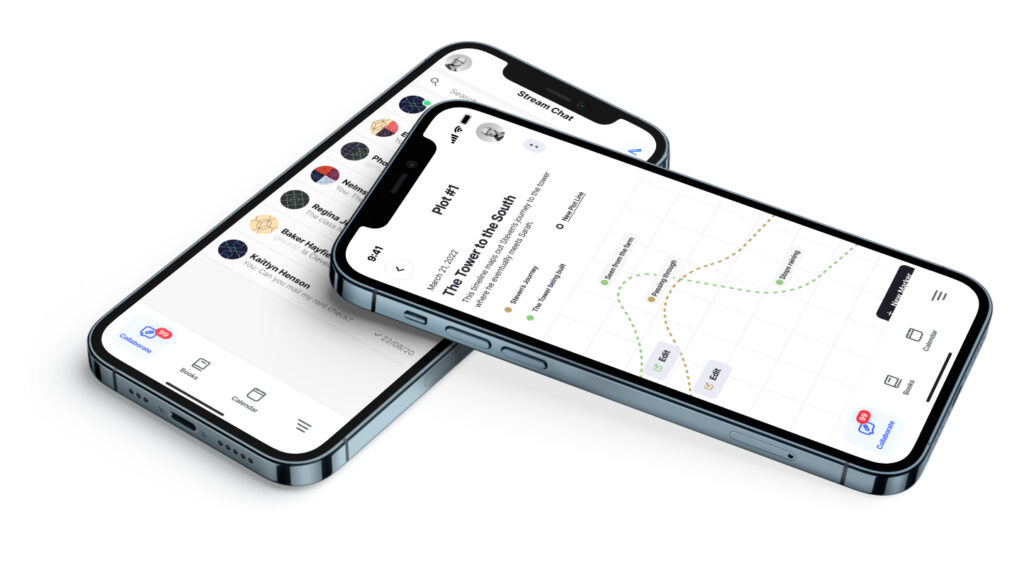Bear with me here, because like everything else in this industry, there’s no easy answer to this question.
If you’re a professional with decades of experience who puts out clean drafts with only a handful of typos per book, then sure. Have at your editor-less existence.
If you’re an author who knows they have errors and typos, but you read through, have a program read your work, and make multiple passes until your manuscript is clean, then you’re amazing—after a handful of passes, many authors shut down and get so bored going over everything again that they gloss over issues.
If you’re any other type of author, then you need to do some deep soul-searching to learn if going without an editor is a good idea for you. Like everything else in life, this has a risk/reward ratio you can only decide for yourself.
So let’s look at the possible risks:
Readers might one-star your books.
Retailers might take action (with enough complaints, which isn’t many) and take down your book.
They might also disable your author account with enough complaints.
Poor reader experience might make readers refuse to ever read your work again.
I’m sure I’m missing things here, but this is a good place to start.
And now, the possible rewards:
At least you’ll have reviews!
At least people read your book!
There’s arguably an audience for everything, some stories have done well even with errors. (they’re the exception not the rule, though, which is an important point.)
You can spend less money while getting your work out there for people to read.
Exposure for your storytelling ability (if people can get past any errors).
Again, these lists are to give a rough idea, not be inclusive to everything that can happen. If you have strong feelings either way, then you need to make a plan that best fits your needs. I want to stress that the amount of authors who go without an editor are rather high. The amount of successful authors who don’t hire an editor are much, much smaller.
You didn’t give me much of a choice…
I know, I know, this isn’t an easy subject or topic. Many of us in every facet of our lives, feel we’re better equipped to handle something than we actually are. Imagine diving into the restaurant business because you can cook well.
If you honestly think about it, you know there’s more to being a restaurant owner than having a good cook, right? You need to be business savvy and familiar with that specific industry.
Same goes with writing. Being a professional writer doesn’t instantly qualify you to be a cover designer, an editor, or a publishing house by default, like being able to cook well at home doesn’t make you a professional chef, a restaurant marketer, or an industry authority.
I’m not trying to be mean, I just want to give you, dear reader, an idea what you’re getting into.
Being an author is a business. Your business is selling books. So what do you need to sell books?
A dynamic cover.
An excellent, polished story.
A powerful description that’ll sell your book.
Marketing strategies—books don’t simply sell themselves.
And all of those items up there might require professional help unless you’re already a professional in those areas… and maybe even if you are. There is a lot of proof that we’re blind to our own mistakes and errors, especially when it comes to art. Even authors that don’t hire editors utilize alpha and/or beta readers most of the time. Because another set of eyes can make all the difference.
How should I choose my editor?
This is a loaded question with no easy answers.
There are plenty of places you can find and hire editors. But are they any good? And what kind of editing do you need? Do you know what kind of editing you need?
A lot of terms tend to differ from editor to editor and service to service. But having an idea what you need or want can be very helpful!
Beta readers tend to read a book before release and catch any major errors and issues.
Line edits typically focus on the style of writing, consistency, and the readability of the work.
Developmental editing catches bigger issues like plot holes, missing scenes, and offers possible restructuring of manuscripts where needed.
Copyediting tends to cover the typos and grammatical errors.
And, of course, proofreading, which is a quick pass that catches glaring errors.
All of these types of editing have their strengths and weaknesses. And again, these are not standard terms; some editors use their own specific wording, so you need to discuss exactly what you need or want with your editor. Many professionals will offer advice, feedback, and thoughts as far as what they think you need as well.
When choosing an editor, it’s important to find someone whose style meshes with yours. Someone you can get along with, someone whose world views match up with yours can be helpful, someone with a similar culture or from the same place in the world can be invaluable. Many editors offer a free sample edit so you can both get a feel for if they’re a good fit for your projects, so make sure you find someone who fits your style, communication, deadlines, and budget.
And remember, things happen. You and your editor are both human, so be kind when you can.
Editing is more of a partnership
One important tip for a successful partnership with your editor is to be able to take constructive criticism. I know this is a tough one, but no one can ever improve if they believe they’re perfect. And I’m not being flippant; this book you’ve written (or even all the books you’ve written) are your babies. You’ve breathed life into these worlds, struggled with these characters, and poured your heart and soul into those pages.
Having someone rip them apart might make you realize you’d rather have someone tear your fingernails off instead.
But it’s important to keep your eyes on the big picture and the finish line.
A good editor will help you strengthen your novel, make it better than it was, and help you make your baby into your masterpiece. Trust me, it’s easier to rip the Band-Aid off (get edits and criticisms) than to let readers tear your baby (story) apart one bad review at a time.
You can do this! And your readers will thank you. Your career will thank you. And future you will thank you.
What if I don’t think I need an editor?
That’s a decision you need to make. All I can do is offer advice—it’s up to you to take it or decide it’s not helpful or doesn’t propel your author journey forward.
I can say that in most instances, a good editor will make a book stronger. It’ll make characters shine, make your plots more cohesive and exciting, and even help your storyline become more impactful to readers.
If nothing else, I’d recommend giving a professional edit a try (maybe more than one, in case you get an editor or two that don’t mesh with your style) and make an informed decision whether you should or shouldn’t.
Should you hire an editor?
I’m not going to tell you what to do.
I’m going to recommend you give your book every opportunity to succeed. That generally means (for most authors) hiring out an editor, a cover designer, and even a description writer. These people are your team. They’re the professionals who’ve dedicated their lives to helping you create something magical, something amazing, something that enriches the world. You are the professional writer. They’re the glue that holds this industry together and without one, the others would crumble. Think of it this way:
You wouldn’t diagnose your own illnesses.
You wouldn’t try to fly a jumbo jet to get you to that vacation destination.
You wouldn’t pack your own parachute.
Unless you were a professional at those specific things.
So why would you try to edit your own book if you’re not an editor? It’s true, editors are often seen as unnecessary barriers to entry when it comes to being an author, much like cover design. But editors can make all the difference between a good book and a bestselling book. Which would you rather be, honestly?
I like to tell people that when in doubt (especially with a business on the line, because being an author and selling books is a business) hire it out. It’s a cute little rhyme that is now going to live rent-free in your head forever, but hey, it might just save your author business. You’re welcome.
Visualize your story with the timeline tool. See plot points, events, and other story details represented graphically to showcase patterns and relationships as well as the overarching storyline.




